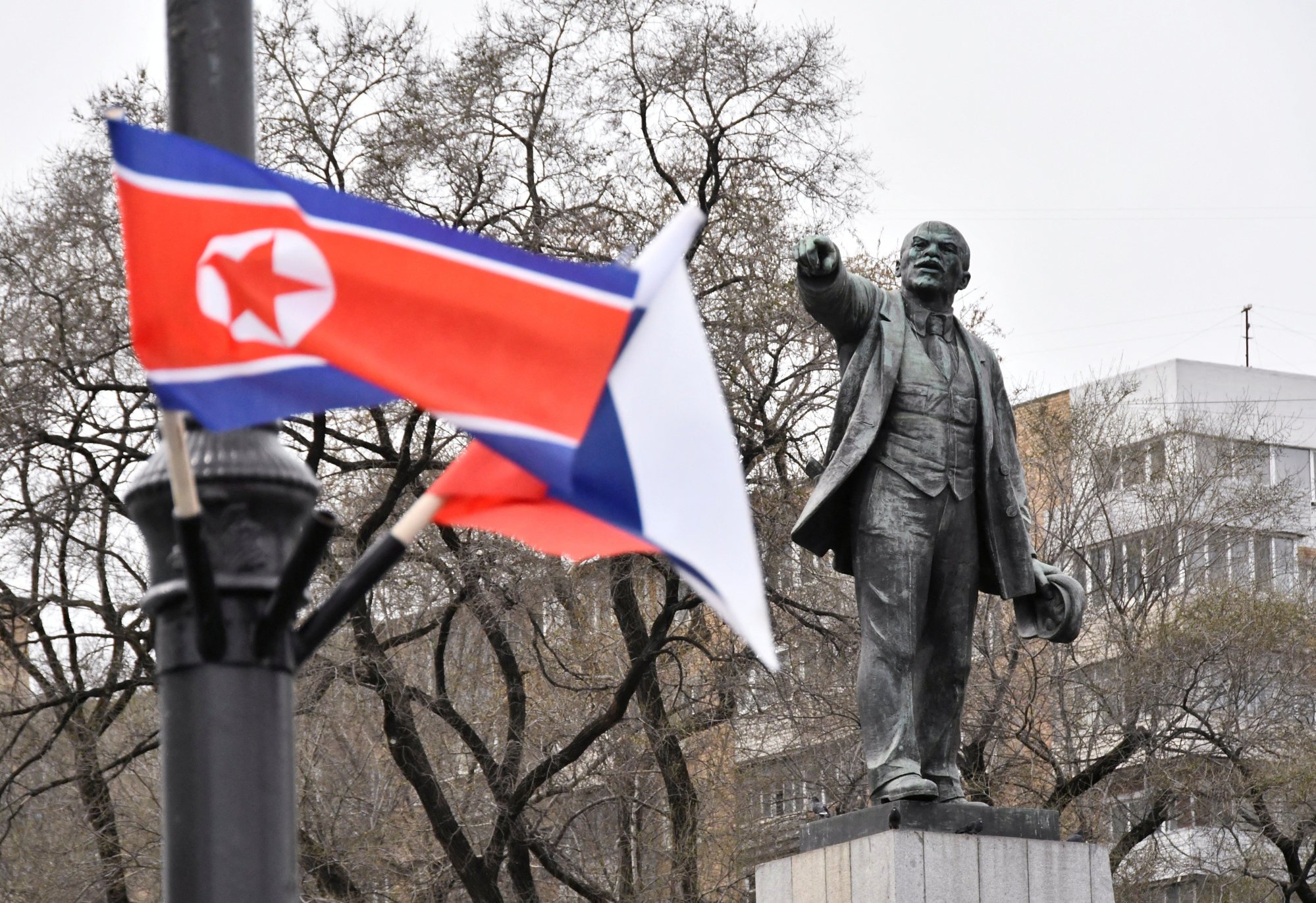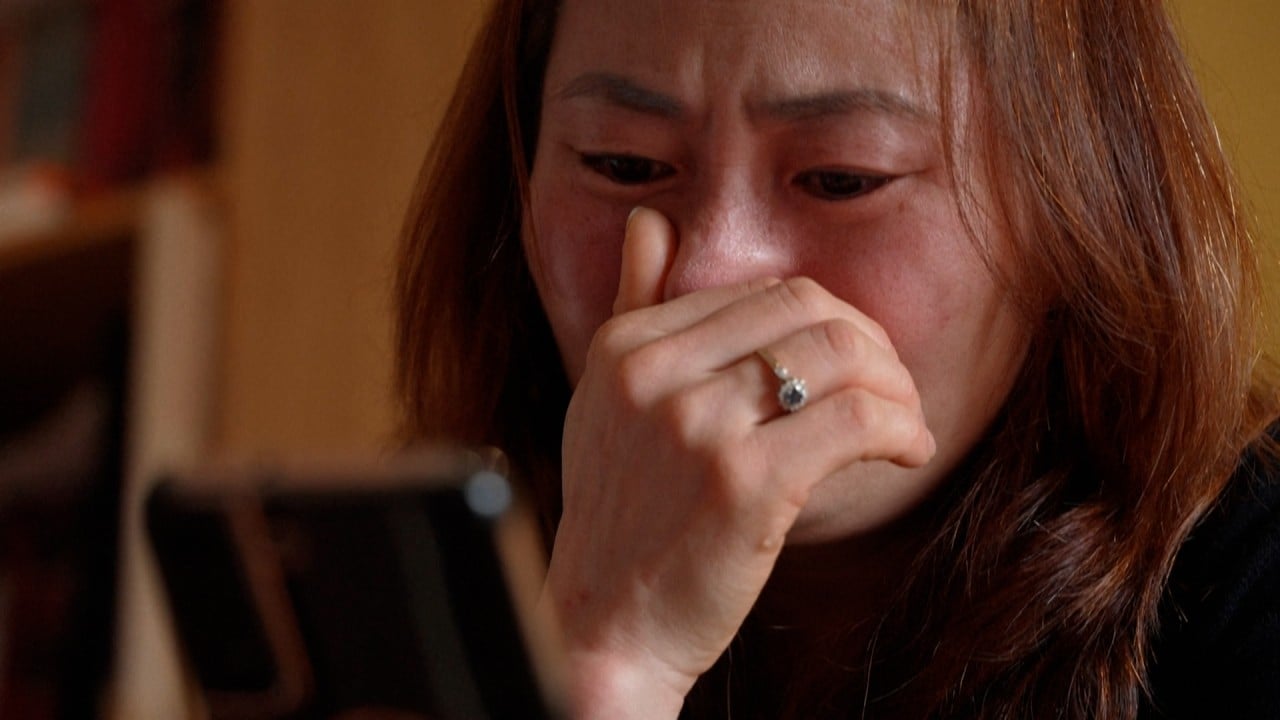Citing intelligence indicating a potential terror threat from Pyongyang, Seoul on Thursday raised its terrorism alert by two levels from the lowest to the third-highest on a four-tier scale.
“The adjustment comes in response to recent intelligence gathered by our agencies, indicating attempts by North Korea to threaten diplomatic staff,” the foreign ministry and the Office for Government Policy Coordination jointly said in a statement.

The terror alert level was raised from “attention” to “alert” for five overseas diplomatic missions. The “alert” level is issued when there is a “high likelihood” of terror attacks taking place, according to the statement.
South Korea’s terrorism alert is classified under four levels: attention, caution, alert and severe.
This is the first time the alert level has been raised by two notches since 2009, when the warning was enhanced from “caution” to the highest “severe” level as the country prepared for the Asean-Korea Special Summit in the southern island of Jeju.
Terrorism alerts at the highest level were issued during the Pyeongchang 2018 Winter Olympics and the 2019 Asean-South Korea Summit in the southern city of Busan.
According to the South Korean spy agency the National Intelligence Service (NIS) on the latest situation, the North has deployed agents to step up surveillance on Seoul’s diplomatic missions and identify targets for possible terror attacks.
South Korea Dior bag scandal: pastor probed for allegedly stalking Yoon’s wife
South Korea Dior bag scandal: pastor probed for allegedly stalking Yoon’s wife
Many North Koreans including “a considerable number of diplomats” were said to have disappeared after Pyongyang last year lifted years of a pandemic lockdown and ordered them to return home.
North Korean officials in charge of their country’s expatriates are suspected of shifting the blame to the South to evade accountability for what Seoul says are “voluntary breakaways”.
The North Korean agents were believed to have falsely reported to Pyongyang that the exodus was orchestrated by the South, the NIS said, adding the North was also believed to be planning retaliations against Seoul’s diplomats.
“North Korean agents feel relatively freer in such countries that are friendly to Pyongyang”, Cho Han-bum, a senior researcher at state think tank the Korea Institute for National Unification (KINU), told This Week in Asia.
The terror threat from the North was in line with a change in its definition of inter-Korean relations from reunification-oriented, blood ties to those of “two belligerent states”, Cho said.
South Korea’s China ambassador and President Yoon’s ally faces abuse probe
South Korea’s China ambassador and President Yoon’s ally faces abuse probe
Cho warned: “Accordingly, the North Korean agents have to adapt to new operations that befit hostility with the South” including possible abductions and terror attacks against South Korean agents and diplomats.
The North’s diplomatic sphere has diminished over the past year.
It shut down embassies or consular offices in nine countries including Angola, Spain and Uganda and Hong Kong, apparently due to economic difficulties worsened by US-led sanctions.
“The North would be tempted to fight back, attacking South Korean diplomats or abducting them to the North to present them as voluntary defectors for propaganda,” Cho said.
Political Science expert Lee Jun-han of Incheon National University noted that the rare upgrade of the terror alert in the absence of any key events hosted by Seoul came as the ruling conservatives were reeling from a crushing defeat at the April 10 National Assembly elections.
Jung Suk-koo, a former executive editor of the centre-left Hankyoreh daily, said power holders of both the North and the South were tempted to take advantage of threats on either side to extend their rule.
“News about growing threats from the North tends to benefit conservatives in this country which is still technically at war with the North” since the Korean War ended in an armistice instead of a peace treaty in 1953, Jung said.
North Korea has repeatedly stated it is firmly against all forms of terrorism.

But the North has been blamed for multiple terror attacks against South Korea, including the 1987 midair bombing of a South Korean airliner near Myanmar that killed all 115 people on board.
North Korea also carried out the 1983 bombing in Yangon, Myanmar’s former capital, which targeted then-South Korean president Chun Doo-hwan. While Chun survived, 21 people died in the attack including 17 senior South Korean officials.
In 1995, deceased North Korean leader Kim Jong-Il’s nephew Lee Han-yong, who defected to the South in 1982, was gunned down on the porch of his home, apparently by a North Korean agent after he published a book about the Kim family.
Three North Korean agents who came to the South disguised as defectors were arrested in 2010 before they could assassinate a high-profile North Korean defector, Hwang Jang-yop.
South Korean diplomat Choi Duk-geun was brutally murdered on the stairs of his flat in 1996 in Vladivostok by suspected North Korean agents.


